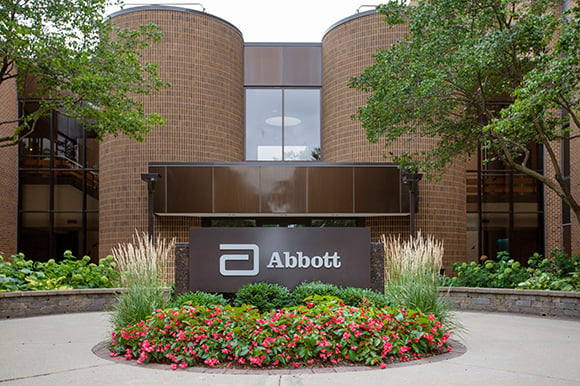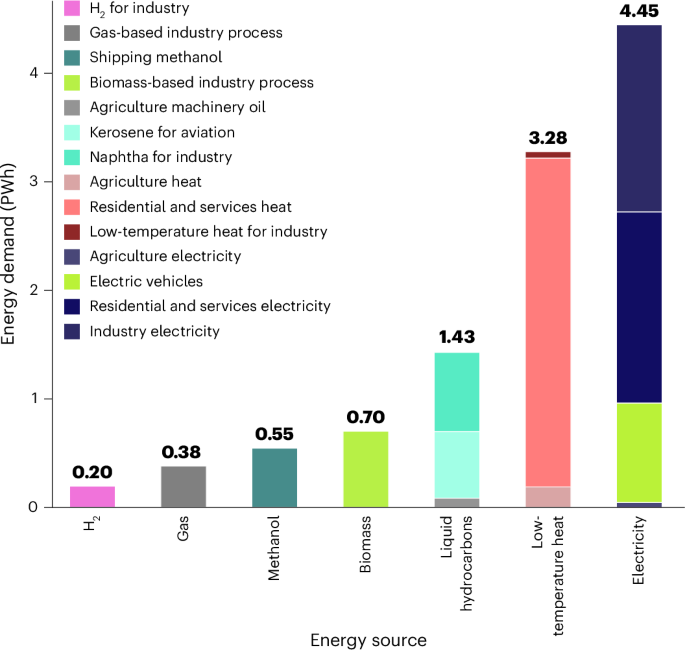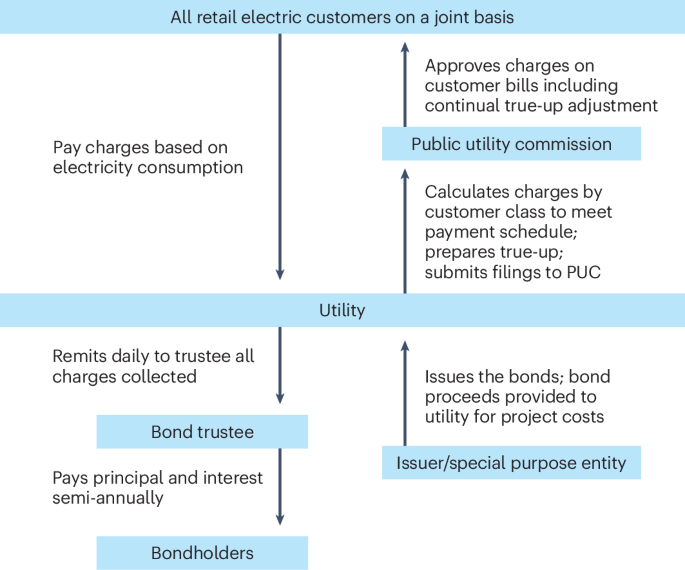Deconstructing the “Anglo-American” Corporate Model
In the mid-1950s, L.C.B. Gower, a pre-eminent U.K. corporate law academic, was a visiting professor at Harvard Law School. An intriguing by-product was a 1956 Harvard Law Review article where he compared and contrasted numerous aspects of U.S. and U.K. company law. Similar multi-topic comparisons of these jurisdictions have been largely unknown since. Instead, combining […]

Brian Cheffins is the S. J. Berwin Professor of Corporate Law at the University of Cambridge, and Bobby V. Reddy is a Professor of Corporate Law at the University of Cambridge. This post is based on their recent article forthcoming in the Harvard Business Law Review.
In the mid-1950s, L.C.B. Gower, a pre-eminent U.K. corporate law academic, was a visiting professor at Harvard Law School. An intriguing by-product was a 1956 Harvard Law Review article where he compared and contrasted numerous aspects of U.S. and U.K. company law. Similar multi-topic comparisons of these jurisdictions have been largely unknown since. Instead, combining salient features of American and British corporate governance and corporate law into a single “Anglo-American” model to contrast that model with arrangements elsewhere has been the predominant approach.
In a recent working paper we deconstruct the Anglo-American corporate model by undertaking the first thorough comparison of U.S. and U.K. corporate law in decades. We show that there are significant doctrinal corporate law differences between the two jurisdictions, which means referring to an “Anglo-American” model in the corporate context can be misleading. Still, due to an additional key finding — substantial similarities exist between the U.S. and the U.K. from a practical perspective — the notion of an Anglo-American corporate model cannot be dismissed out-of-hand. A distinction between what Roscoe Pound referred to in the early 20th century as “law in books” (substantive legal doctrine) and “law in action” (enforcement and compliance) is crucial in this regard.
In our paper, we focus on arrangements affecting publicly traded companies rather than all corporations. Also, with the United States, to make our analysis of state corporate law tractable, we only discuss the position in Delaware, the most popular U.S. state for public company incorporations. Our analysis of U.S. and U.K. corporate law nevertheless remains distinctively multi-faceted. Topics we discuss include boards, directors’ duties, selection of directors, shareholder “decision” rights, shareholder litigation and corporate takeovers, with some of the key facets that illustrate the distinction between “law in books” and “law in action” when deconstructing the Anglo-American corporate model summarized below.









































































































































































